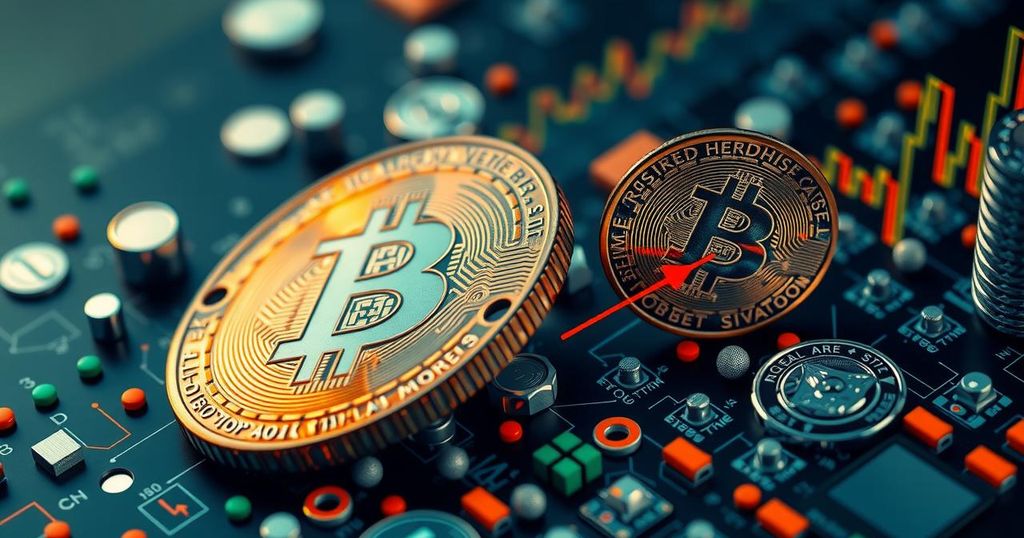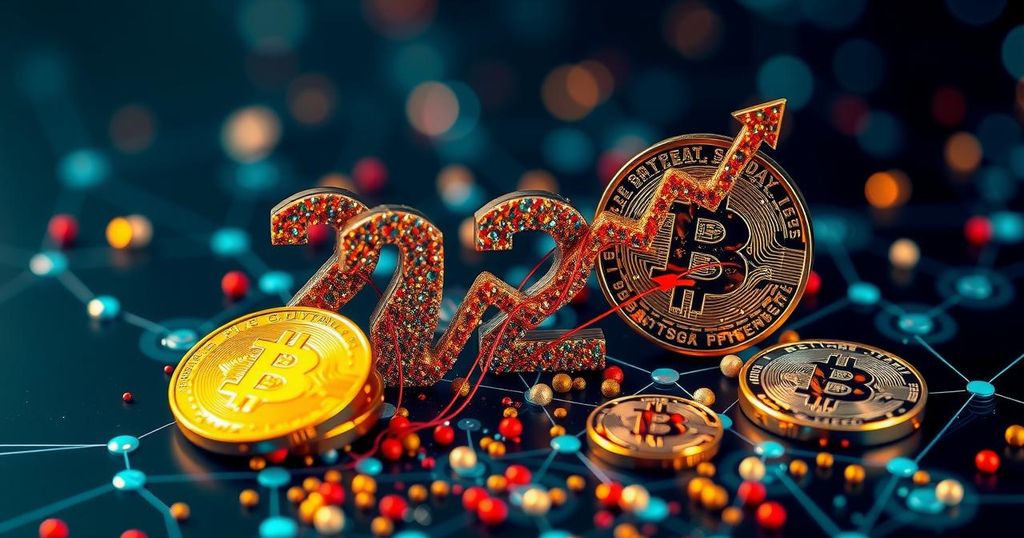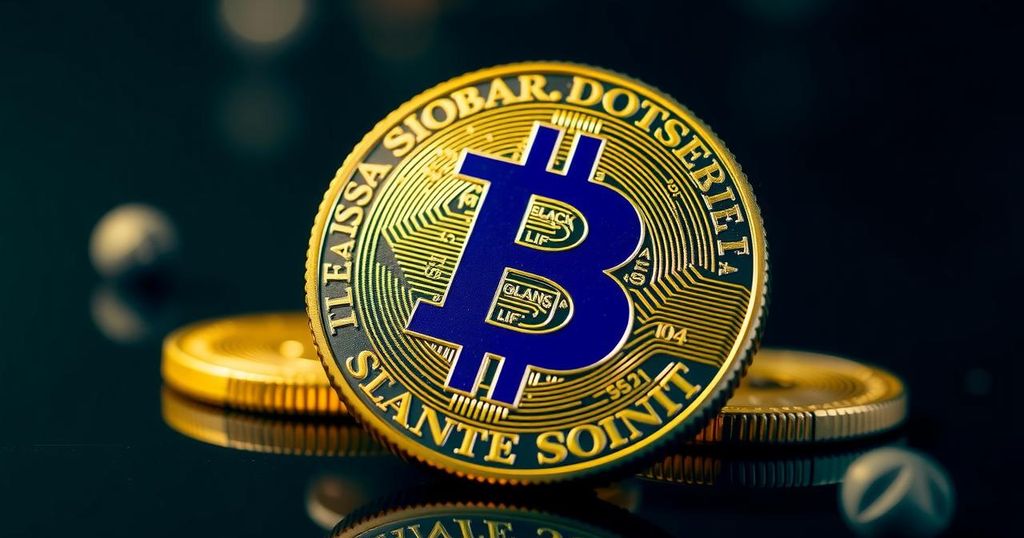Concerns Over Cryptocurrency Outflows and Exchange Rates in Brazil
Analysts express concern that increasing cryptocurrency outflows may disrupt the exchange rate in Brazil. The Central Bank reported a total of $14.7 billion in outflows from crypto and related services, raising alarms about the economic impacts of growing adoption of digital payment methods, particularly stablecoins. Experts are divided on the implications, with some suggesting potential problems linked to illegal activities while others see minimal risks if managed properly.
Recent analyses indicate that the growing outflows associated with cryptocurrency purchases may have implications for the domestic exchange rate in Brazil. The Central Bank of Brazil has reported that crypto assets, along with expenditures on recreational services, accounted for an outflow of approximately $14.7 billion by August of this year. This raises concerns regarding the increasing utilization of digital currencies as methods of payment in the country. Concerns among experts regarding the impact of cryptocurrency on Brazil’s economy are heightened by the rising rate of adoption of these virtual currencies. While current outflows remain comparatively low in relation to total financial inflows, the potential for future increases provokes apprehension among economists, as these could destabilize the nation’s exchange rates. Data provided by the Central Bank illustrates that cryptocurrency-related outflows, along with recreational spending, significantly influence Brazil’s current account, which has been affected by a robust economy and rising imports. “The picture is still pretty, but we definitely have a problem,” emphasized Luis Afonso Fernandes Lima, head of research at Mapfre Investimentos. The unpredictability of these cryptocurrency outflows raises further issues, as their patterns cannot be reliably forecasted. Analysts suggest the surge may stem from a broader adoption of cryptocurrency payments among Brazilian consumers, particularly via stablecoins, which have gained traction within the financial ecosystem. There appear to be inquiries from banks regarding stablecoin exchanges, indicating a shift in payment preferences. Nonetheless, some experts posit that the high levels of reported outflows might not solely be linked to domestic investor behavior and speculation. Pedro Guimaraes, product leader at Ouribank, remarked, “The amount of cryptocurrency expenses in the capital account is too high for it to be just investors speculating or dollarizing with stablecoins.” Conversely, there are economists who do not perceive these movements as problematic; Lívio Ribeiro, a partner at BRCG, noted that such transactions could pose risks primarily if linked to illegal activities.
In Brazil, the landscape of cryptocurrency is rapidly evolving, with significant adoption among consumers leading to a noticeable effect on the country’s financial systems. Digital currencies are increasingly viewed not merely as speculative assets but as viable methods for payment, particularly as Brazilians engage more with stablecoins. The Central Bank’s data reflects a substantial outflow of funds related to cryptocurrencies and recreational services, prompting discussions on potential impacts to Brazil’s exchange rates and current accounts. This ongoing debate is fueled by mixed opinions among financial experts on whether the current trends signify a healthy evolution of the economy or pose risks that could endanger fiscal stability.
In summary, the rising outflows of cryptocurrency in Brazil could potentially disrupt the domestic exchange rate if trends continue without balance from inflows. The Central Bank’s findings of $14.7 billion in outflows, coupled with increasing acceptance of digital currencies for transactions, signal both a growing market and possible economic implications. While some analysts are concerned, viewing these flows as unpredictable and potentially destabilizing, others argue that the theoretical risks may hinge more on the context of these exchanges rather than the volumes themselves.
Original Source: news.bitcoin.com








Post Comment